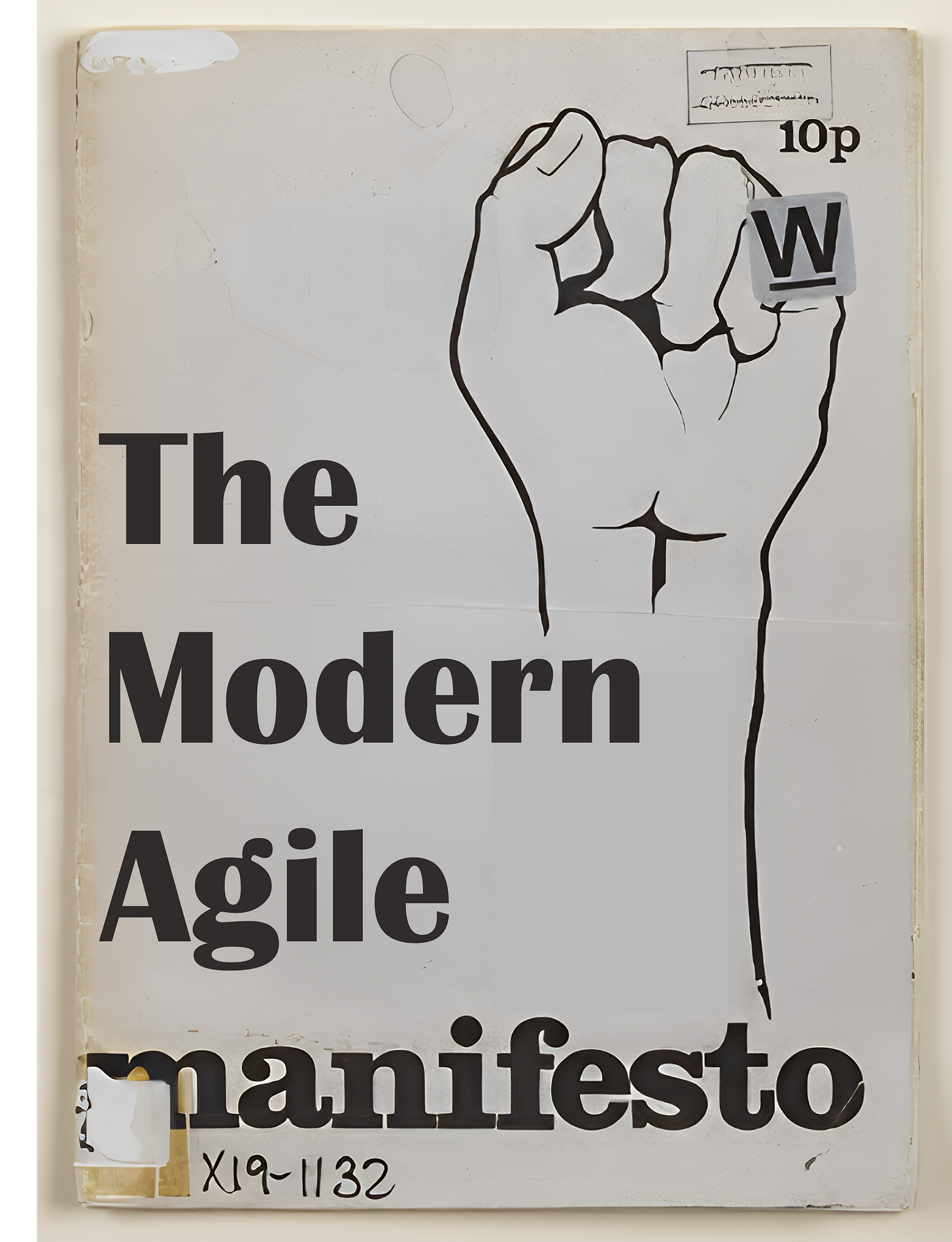We believe software development should be a humane, sustainable, and fulfilling profession. Therefore, we value:
Individuals and Interactions
Networked organisations over hierarchical ones
Decentralised decision-making over centralised control
Demographically and cognitively and diverse, inclusive teams over homogeneous echo chambers
Open communication and experimentation over forced consistency
Voluntary and free collaboration over assigned interactions
Persuasion and natural authority over compulsion and formal positions
Collaborative decision making over unilateral mandates
Working Software
Building valuable, sustainable, and user-centric software over delivering features or adding value solely for profit
User-centric development over management-driven metrics
Direct customer interaction over product organisations
Ad-hoc demos of working software over fixed sprints or milestones
Short feedback loops over long review processes
Compensation and Ownership
Equitable compensation models (profit sharing, stock options, co-operatives) over solely salary or hourly pay
Shared ownership models (co-operatives, employee ownership trusts) over traditional corporate structures
Transparent and equitable compensation practices over opaque salary bands
Performance-based rewards linked to overall team/company performance over individual performance metrics
Fair compensation for intellectual property creation over exclusive company ownership
Opportunities for equity or profit sharing aligned with individual contribution and overall company performance over fixed salaries
Influence over project selection and work allocation over top-down assignments
Sustainable Practices
Sustainable pace and rest over constant crunch
Developer well-being over optimisation at all costs
Psychological safety over unchecked competition
Continuous learning and improvement over stagnation
Ounces of prevention over pounds of cure
Principles and Processes
Clearly defined roles and responsibilities over rigidly assigned tasks
Transparency of corporate information over permission-based visibility
Adaptability over predictability
Problem-solving over individual accountability
Writing code over meetings about code
Continuously iterating monthly over yearly roadmaps
Data-informed decisions over gut feelings or rigid adherence to methodology
Appropriate tooling over extensive planning software
Accepting tradeoffs and understanding cause-and-effect over accepting that “it rolls downhill”
Ethical considerations and social responsibility over solely profit-driven goals
Cross-functional collaboration over silos
Governance and Influence
Developer representation in leadership and strategic decision-making over exclusion from executive influence
Empowered technical leadership over management-driven technical direction
Collaborative product roadmap definition involving developers over top-down product management
Developer input into business strategy and prioritisation over purely business-driven decisions
Consensus-based decision-making on technical and product direction over top-down mandates
Open access to relevant business information for all developers over need-to-know restrictions
While we value the items on the left, we recognise that the items on the right may sometimes be necessary, but their use should be minimised.
This manifesto is a living document and will evolve as we discover better ways to create healthy, ethical, and fulfilling software development practices.
Credit
Adam Ard
Ray Frankenstein
The Agile Manifesto Authors
(and the wider Software Development community who contributes to its evolution)


